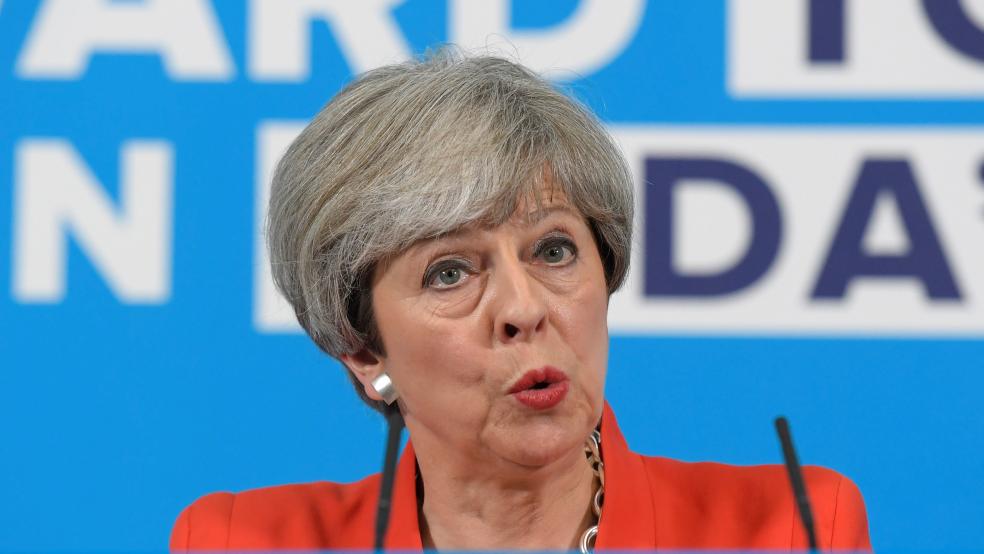Common rules and regulations would still apply, EU citizens would continue to be able to live and work in Britain and international accords like free trade agreements would remain in the place, the letter said.
The duration of the transition or implementation period would be strictly limited and last about two years, it added.EU diplomats say talks to finalize the implementation deal could begin as early as next week with negotiators aiming to reach a swift deal.The letter, signed by Brexit minister David Davis, business minister Greg Clark and finance minister Philip Hammond, said both sides wanted to agree details of the transition period by the end of March.It was sent to businesses after Davis had laid out his plans for the transition period in a speech earlier on Friday."As this new year gets underway, we are conscious that many businesses are examining the implications of our withdrawal from the EU for themselves and their supply chains," the letter said."This is why, during the implementation period, weare clear that the UK’s and the EU’s access to one another’s markets should continue on current terms, meaning there will only be one set of changes at the end of the implementation period, as we move into our future partnership."To keep Britain's terms of trade unchanged during the period, they will be based on the existing structure of EU rules and regulations, the letter said."Our intention is to mimic the breadth of our current arrangements, from goods to agriculture to financialservices, meaning that every business, small or large, will be able to go on trading with the EU as it does today until it’s time to make any changes necessary for the future partnership," the letter said.On the free movement of people within the bloc, it said EU citizens would continue to be able to come and live and work in the UK."We will introduce a registration scheme for new arrivals in preparation for our future immigration system, but thiswill not place any new burdens on businesses during the implementation period," it added. (Reporting by Stephen Addison; editing by Alistair Smout)UK ministers pledge business as usual with EU during Brexit transition

PETER NICHOLLS



